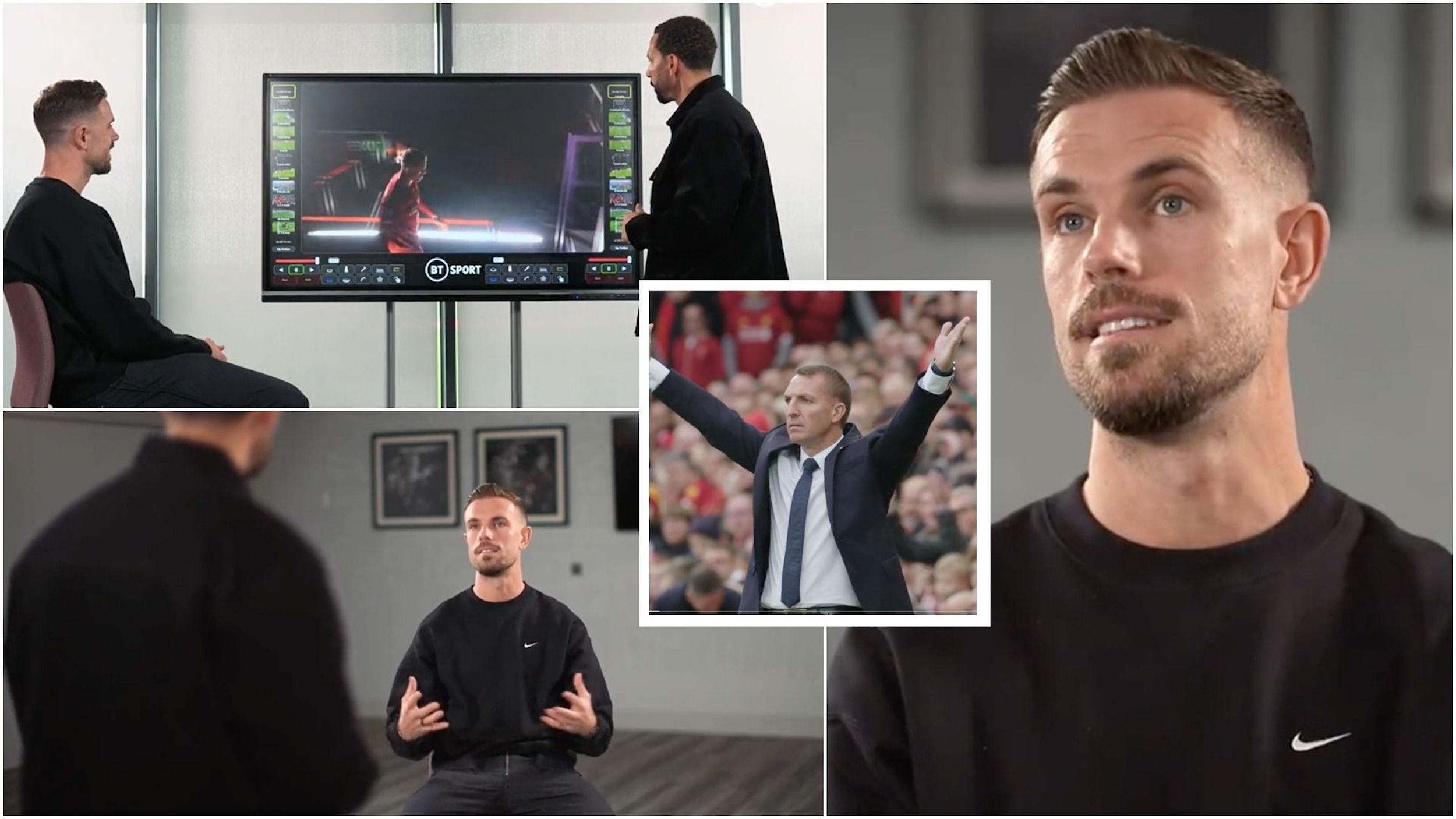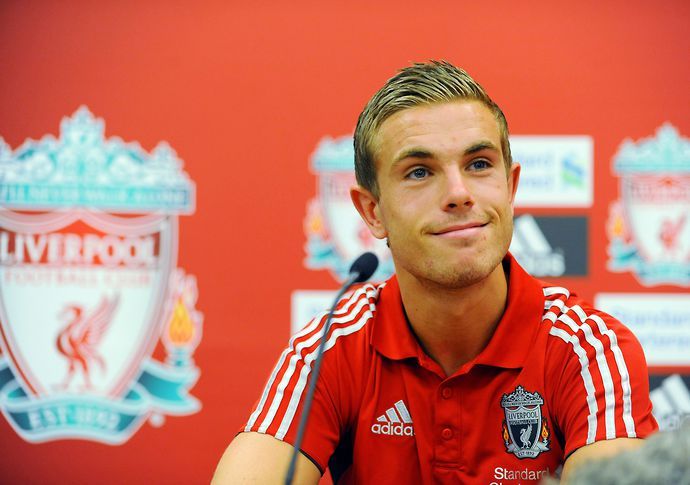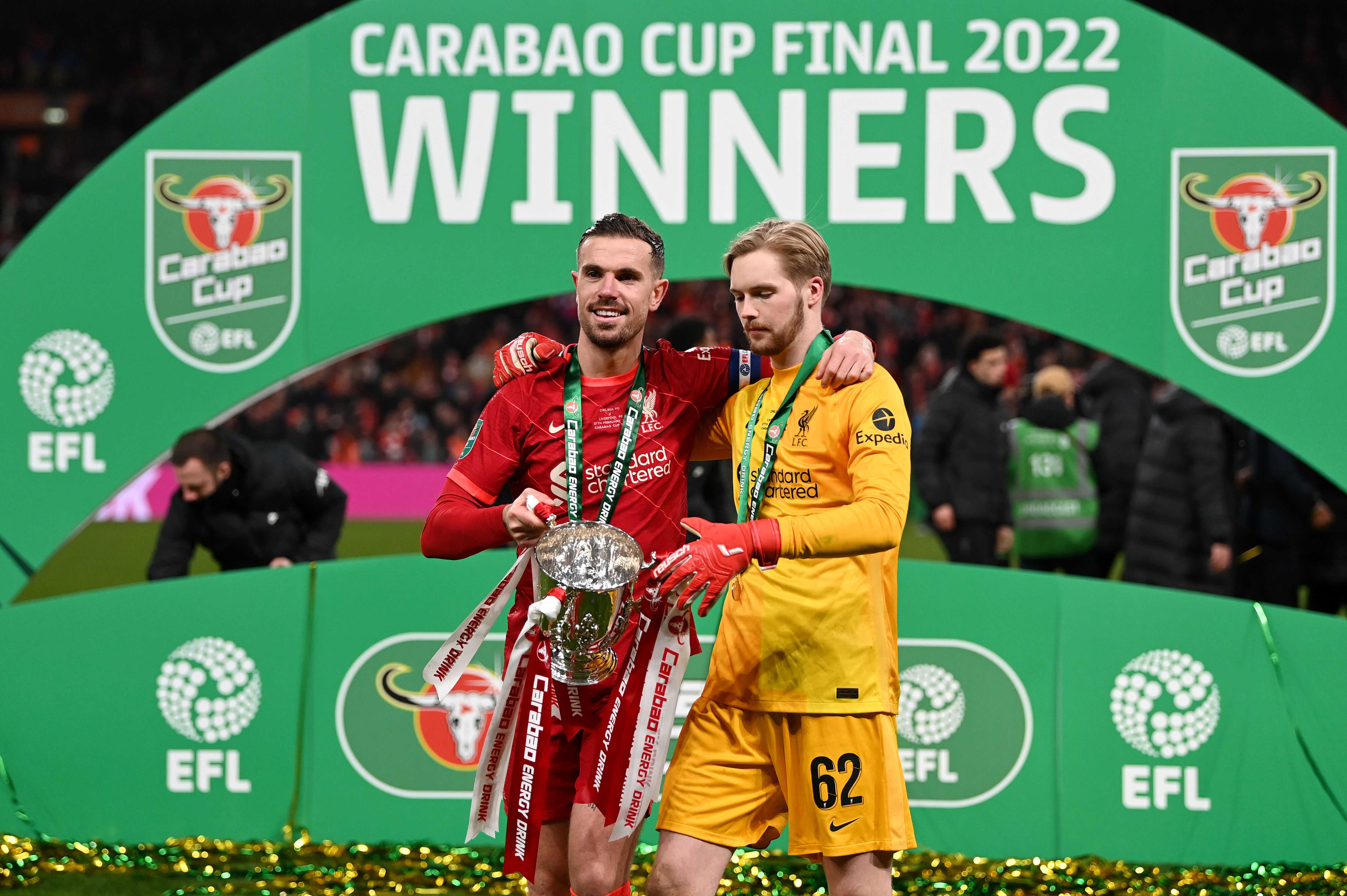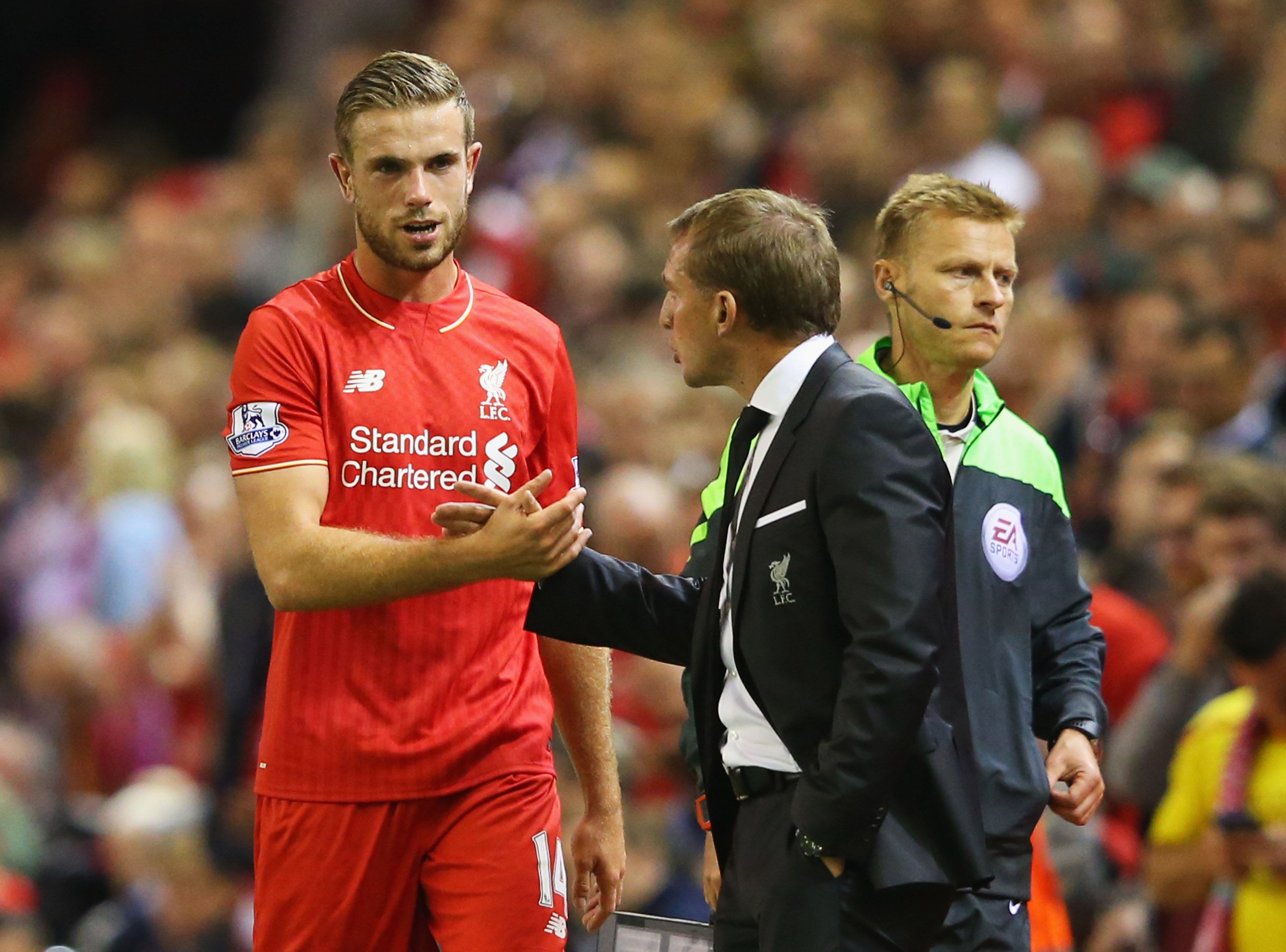Since joining Liverpool in 2011, Jordan Henderson has overcome many obstacles on his climb to the top of English football. Over the last 11 years, Liverpool's captain fantastic has established himself as an integral cog and leader in the Reds' midfield, guiding the Merseyside club to European glory in 2019 and the side to their first Premier League title in 2020. But his journey has been nothing short of inspiring. Throughout his career, the 33-year-old has encountered many different obstacles, from a snub from Manchester United early in his career to a serious knee ligament injury during the 2015/16 season. Yet one of the greatest stories from Henderson's journey came in his first two years at Liverpool.
Signing for Liverpool and fighting for his place
Brought to the club from Sunderland by Sir Kenny Dalglish the midfielder came straight into the side and made 37 league appearances for Liverpool during the 2011/12 season.
Despite winning the League Cup that same year, Dalglish was replaced by Brendan Rodgers, who told Henderson he was willing to let him go to Fulham in order to bring Clint Dempsey to the club.
Rodgers then gave the now-Liverpool captain an ultimatum; go to Fulham and get regular game time, or stay in Merseyside but he would need to fight for his place in the team.
Speaking to Rio Ferdinand in a BT Sport Between the Lines interview, Henderson recounted the turbulent time, and despite admitting how devastated he was by the manager's decision, the England midfielder was adamant he wasn't going to give up.
He said: "We had a game on the night and I had a conversation with Brendan [Rodgers] in the hotel on the day of the game.
"To be fair to Brendan, he gave me the option that it was more the club that was willing to let me go.
"But Brendan said: 'Listen, it's down to you, you're not going to be starting as much as you like. But I'll try to help you improve on what I need you to improve on. And if you do that, you'll get more game time as time goes on.'
"Basically, I went back to my room, cried a little bit, and was devastated."
From that moment on, Henderson admitted that it wasn't an option to leave the club, having only just arrived at Liverpool the previous season.
And perhaps, for the club as a whole, that was a pretty important decision, with Henderson subsequently pushing himself to perfect his craft under Rodgers' guidance, a move that would ultimately see him captain the club to their first league title since 1990.
Is the European Super League BACK?!?! Find out more on The Football Terrace...
"I had worked extremely hard to get there, so I wasn't just going to leave," he admitted.
"I said straight away: 'I ain't going anywhere. I'll do everything I can to get in your team.'
"Trying to prove people wrong was my mindset, and from that moment, every day in the gym, I'd give everything. Every day on the training pitch, I'd give everything and focus on how I could be better."
Take a look at the insightful interview in the video below.
Playing Under Brendan Rodgers
His importance at the club soon became apparent, running the show from midfield, utilising his elite stamina and work rate to help release players like Luis Suarez and Daniel Sturridge.
But while it was Rodgers who gave him the initial ultimatum to stay or leave, he paid credit to the now-Leicester manager, who helped him become a better player all-round.
He said: "Brendan helped me a lot, tactically. I was good at box-to-box, I was very physical and had decent technique, but the tactical element, I wasn't taught very much, especially of what Brendan wanted.
"He brought me into his office, he sat me down and showed me when and where he wanted me with and without the ball.
"I felt as though that helped me massively in the game, helped me understand football even more, and from that moment onwards, I just grew in confidence as time went on, and to be fair to Brendan, he did help me a lot in that period."
While Rodgers' Liverpool side missed out on winning the 2013/14 Premier League, perhaps the manager played a large part in their success later down the line, helping Henderson develop as a footballer, as a leader, and ultimately guiding the team to their recent success.

















